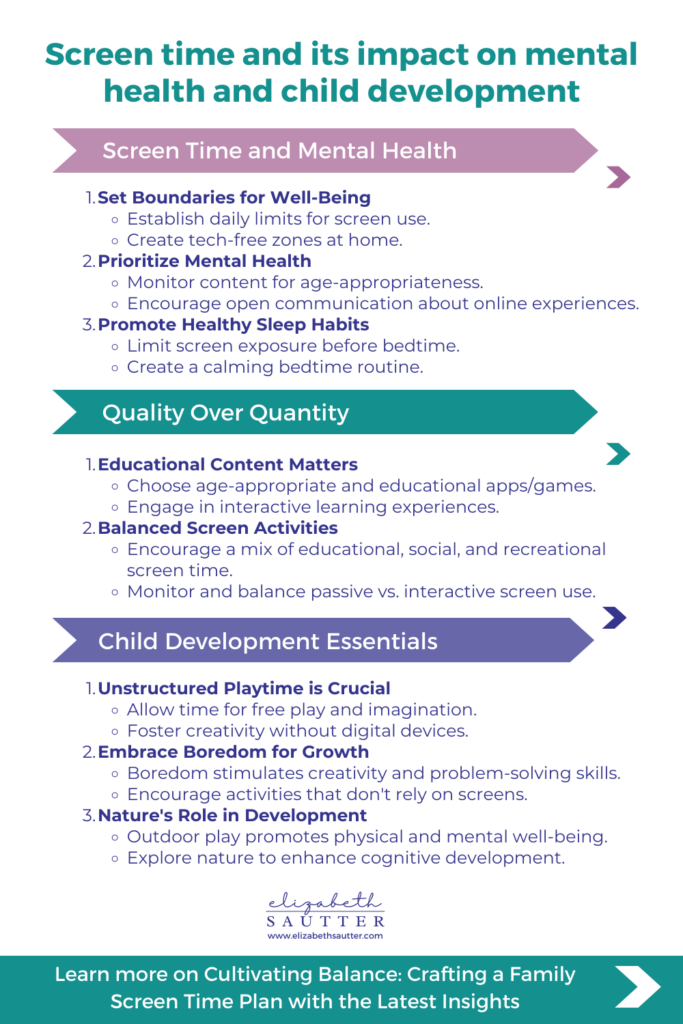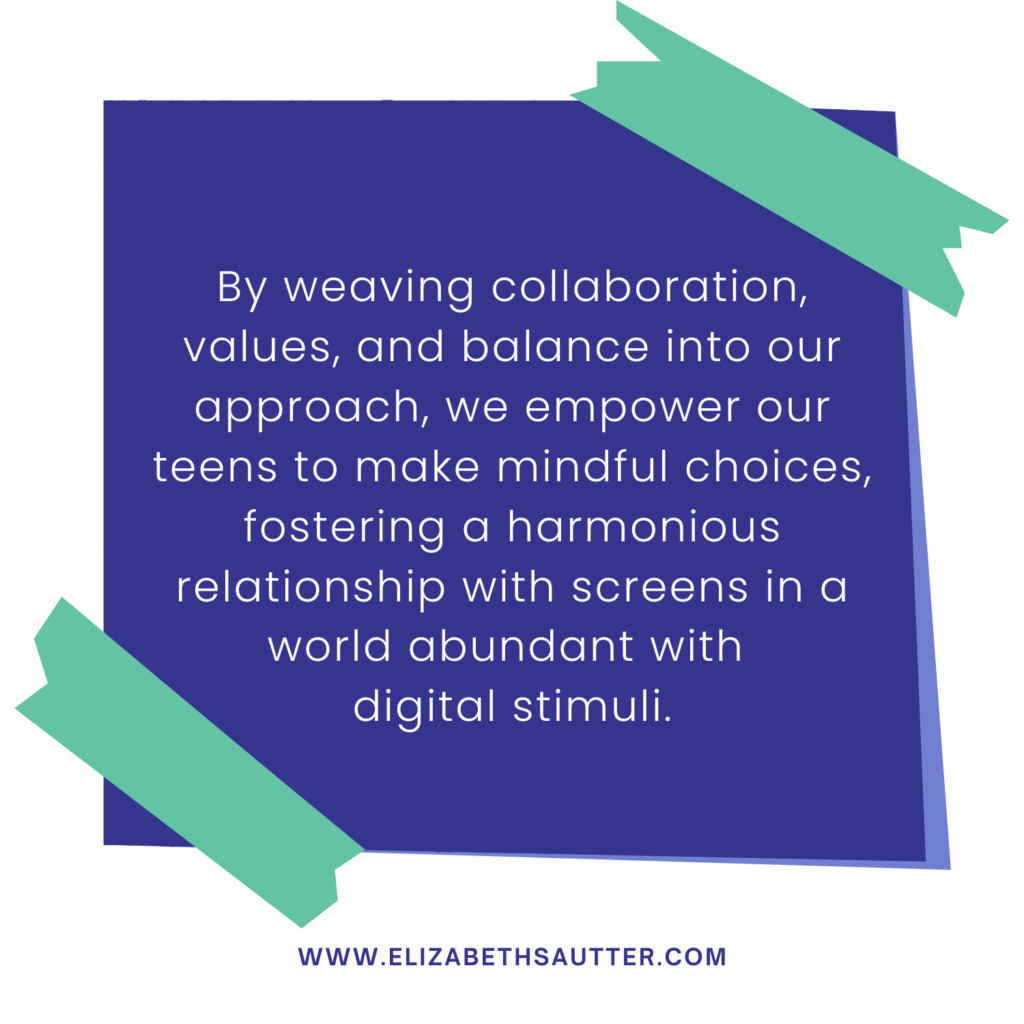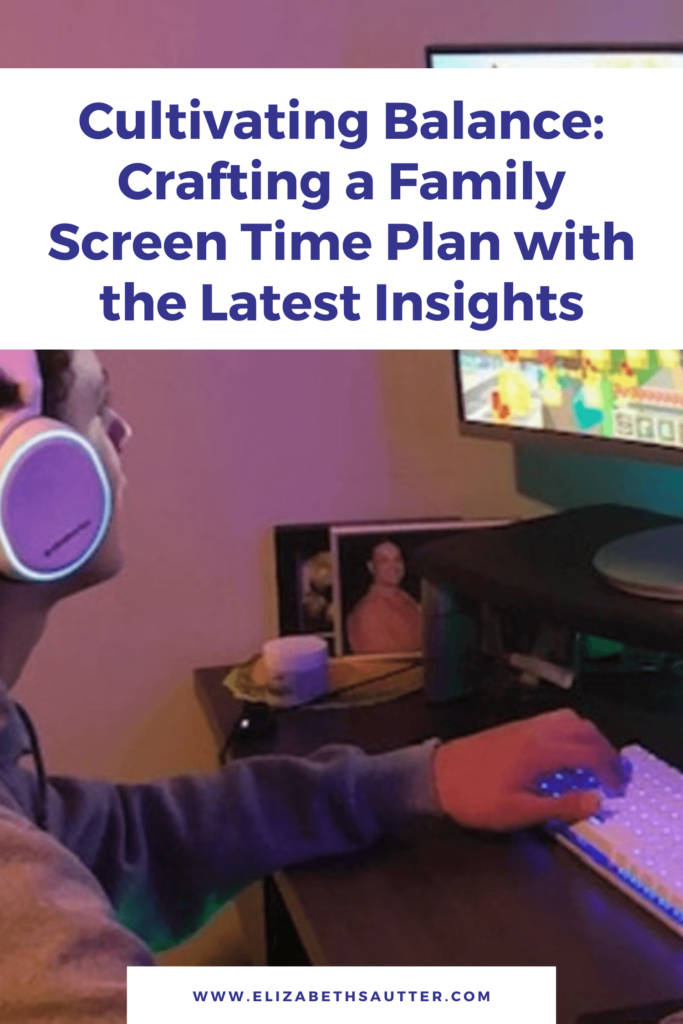Nurturing Family Values in Screen Time
In an era dominated by screens, our family embarked on a journey to reshape our approach to screen time. This wasn’t just about restrictions; it was about cultivating a balance that aligns with our shared values and including our teens in the plan.
The Power of Collaborative Problem-Solving
Our family discussions, enriched by insights from HealthyChildren.org, turned into collaborative problem-solving sessions (yes, more than one:). This inclusive approach acknowledged the benefits and pitfalls of screens, ensuring everyone’s voice was heard.
The Latest Research on Screen Time

The Holiday Challenge: Adjusting the Plan
Embracing Social-Emotional Learning Through Collaboration
Our collaborative journey wasn’t just about screen time; it became a medium for social-emotional learning. Communication, empathy, and compromise skills flourished, strengthening the bonds within our family.
Implementing our revised plan required continuous communication and negotiation along with managing emotions and disappointments.. Addressing challenges, such as having phones out during times when we agreed not to and managing our own phone time as the adult models was not easy. All of this became opportunities for discussions and problem-solving along with fine-tuning our approach which is all part of social-emotional development.
By weaving collaboration, values, and balance into our approach, we empower our teens to make mindful choices, fostering a harmonious relationship with screens in a world abundant with digital stimuli.


